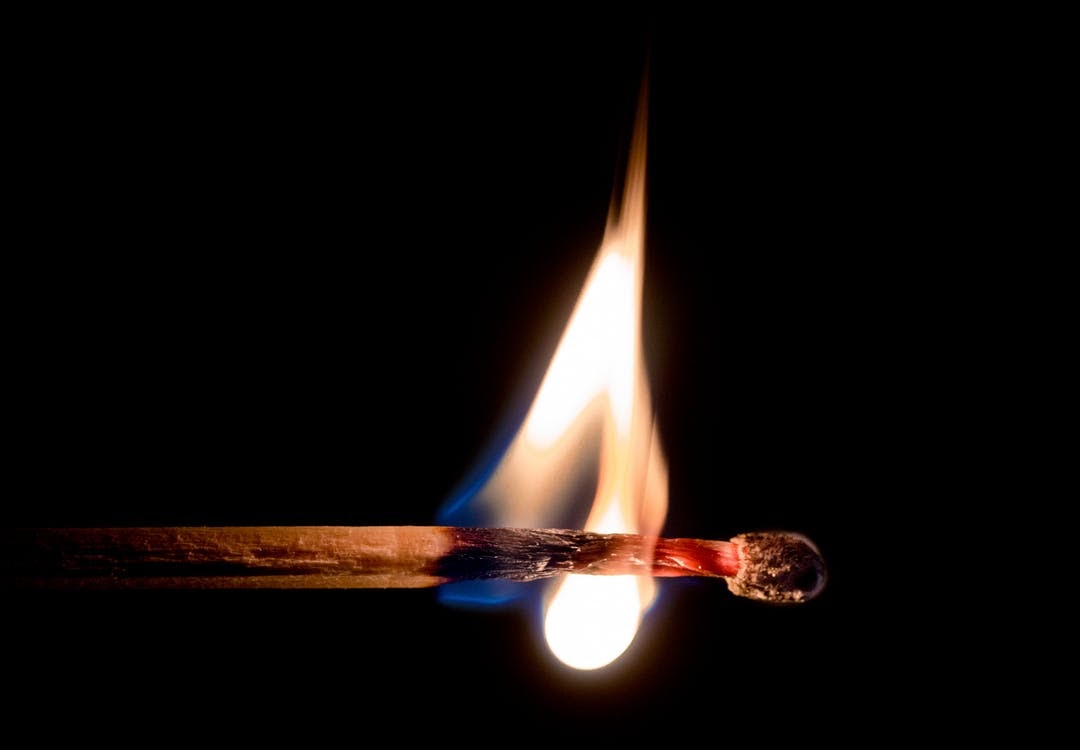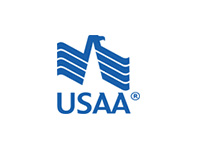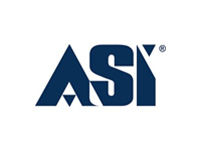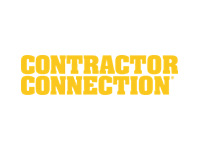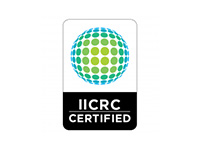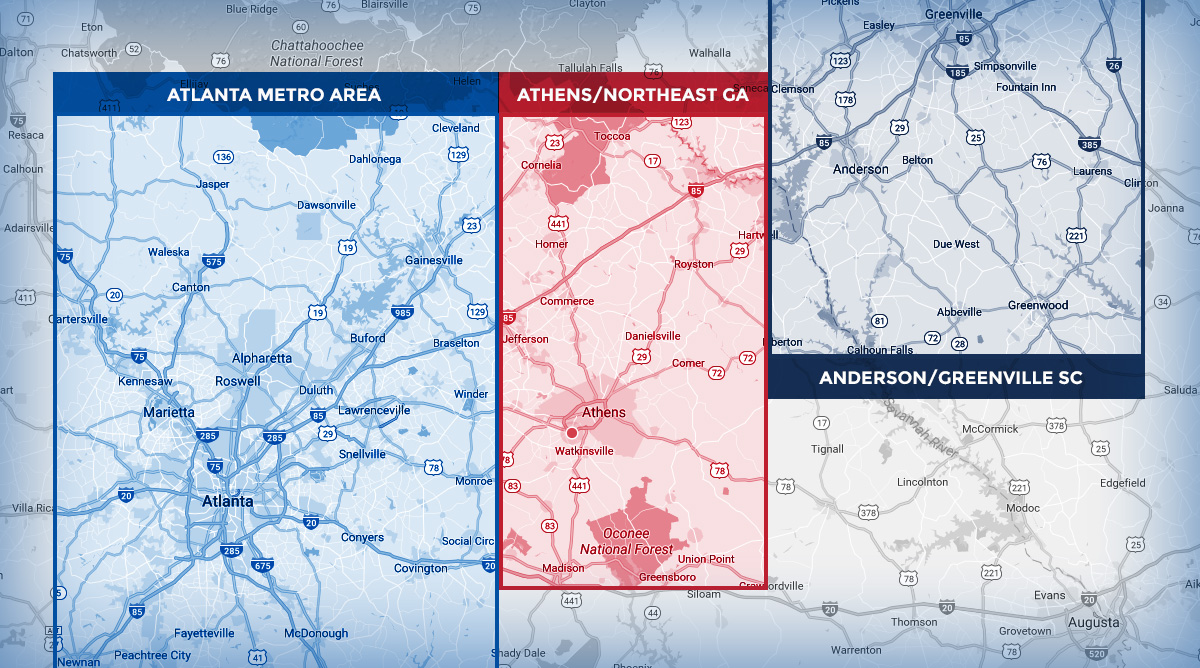We all love lighting candles, using the fireplace, and cooking, but these activities can quickly become a devastating scenario if a fire breaks out. Not many people know this, but there are several different types of fires. Each kind of fire has its own unique requirement to put it out.
Whether it’s in your home or workplace, you must understand how to tackle each fire class. In this post, we’ll cover each class of fire and the best methods for extinguishing them.
The 5 Different Classes of Fire
Class A Fires
A class A fire combusts from solid materials, such as wood, paper, or fabrics. Solid materials tend to have organic materials and carbon that causes them to combust. The class A fire uses these materials as fuel, and the fire will die out once all the solid fuel runs out.
To avoid a class A fire from happening, try to keep all solid flammable materials away from an open flame. In some cases, a person will light a candle on a window sill. The flame from the candle will reach the fabric curtains, causing a class A combustion.
The embers of a class A fire can also combust if they come in contact with other solid materials and oxygen. As a result, class A fires can spread quickly within the home or workplace if not extinguished properly.
Class B Fires
Class B fires are those that are caused by the combustion of flammable liquids, such as paint, alcohol, gasoline, and oils. These types of fires are incredibly popular in construction sites, chemical plants, and warehouses. Class B fires can be hazardous if not handled properly.
The best way to handle these fires is to eliminate their oxygen source. You should always store your flammable liquids safely and never keep them near an open flame.
Class C Fires
Class C fires are those caused by flammable gases, such as butane and methane. The startling thing about class C fires is the fuel can be completely invisible. There may be a gas leak in the kitchen or warehouse, and lighting a match can cause the whole area to go up in flames.
What’s more, these gasses also have the potential to explode under the right circumstances. As a result, homeowners and businesses should always be aware of the potential of gas leaks to protect their safety and property.
Class D Fires
Class D fires are caused by combustible metals, such as alkaline earth metals and alkali. These fires aren’t too common in households but can become prevalent in workshops. Some other common materials that may cause a class D fire are sodium, lithium, calcium, uranium, and potassium.
Since these flames require an extreme temperature to ignite, they can be incredibly dangerous. Laboratories, factories, and warehouses are at risk since they often work with the metals the fire needs as fuel. Sodium is one of the most delicate materials since it can explode if it comes into contact with enough water or oxygen.
Class K Fires
Class K fires are those caused by liquids while cooking in the kitchen. While a class K fire is similar to class B, the uniqueness is that they are involved in food preparation. The kitchen is chock-full of flammable liquids, such as grease, oils, and fats.
While these fires can happen in any kitchen, they are of great concern to restaurant owners. Not only are these fires life-threatening, but they can also cause a great deal of damage to the kitchen or even the entire property.
How To Put Out the Fire
Every home and business should have a fire extinguisher on deck. However, not all fire extinguishers are suitable for each of the fire classes above.
Here’s an overview of each type of extinguisher and which flame they’re suitable for:
- Water Extinguishers. Water extinguishers are most effective for class A fires. It can cool off all the flames and extinguish all the embers to prevent the fire from spreading.
- Foam Extinguishers. Foam extinguishers work similarly to water ones, but they have more of a suffocating effect on the flames. These extinguishers are best for class A and B fires.
- Dry Powder Extinguishers. If there’s one extinguisher that’s suitable in most situations, it’s a dry powder one. They are incredibly useful for putting out class A, B, C, and K flames.
While having the right extinguisher will keep your home or workplace safer, it’s also vital that you practice fire safety and have a reliable evacuation plan if flames start to break out.
Conclusion
No doubt, fires are scary. Not only are they extremely dangerous, but they can wreak havoc on your property. Knowing about each flame and how to deal with it will go a long way if you ever encounter one.
If your property has severe fire damage, consider reaching out to an expert to restore it to normal. We have over two decades of experience working with all kinds of fires at IDC Fire and Water Restoration, and we’d love to help you next.
Contact our friendly team today to request more information about our fire restoration services.

